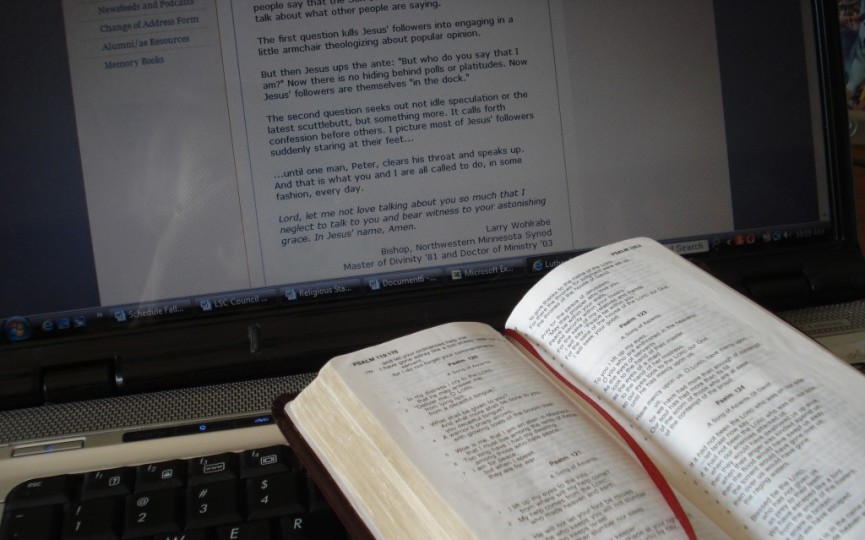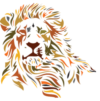Shame, and condemnation are two of the great enemies that keeps a soul from being redeemed, restored, and revived. In chapter 3 of the book of Ruth, Boaz doesn’t just allow her into his fields, he celebrates her presence, and her desire for redemption and restoration (revival). Boaz Not only encourages her to glean in the fields, but also instructs his reapers to take some of the grain from their bundles and to leave them behind on the ground so that she can pick them up. When she left that day to go back home to be with Naomi she took with her 35 pounds of grain because of the generosity of Boaz. One of the amazing parts of this chapter is that as he encourages her to glean in the fields he warns his servants, and the reapers, to not touch her in verse 9, and in verse 15 and 16 he commands them to not insult or rebuke her. It was important to him that he put no shame on her because of her past, but he warned the others around her to not put shame or condemnation on her either. Out of love Jesus does sometime discipline us to awaken our hearts for Him, but He never punishes us. We can’t pay for our sins; we could never pay a high enough price to do so. Besides that, our sins have already been paid for by the only one who could give enough.
Shame is a kind of self punishment, because we feel that we are disqualified for ourselves favor, and abundance in Christ, by our past behavior. Our Boaz has no desire, or need to put more shame on us, nor will he allow others to do so. To the repentant His only longing is to heal and restore all the loss occasioned by our failure. As a matter of fact, the story of redemption says that when He is finished restoring us we will even have much more that we had ever lost, but He knows that if shame remains, or is reinforced wholeness can never happen. OUR HERO, BOAZ.

